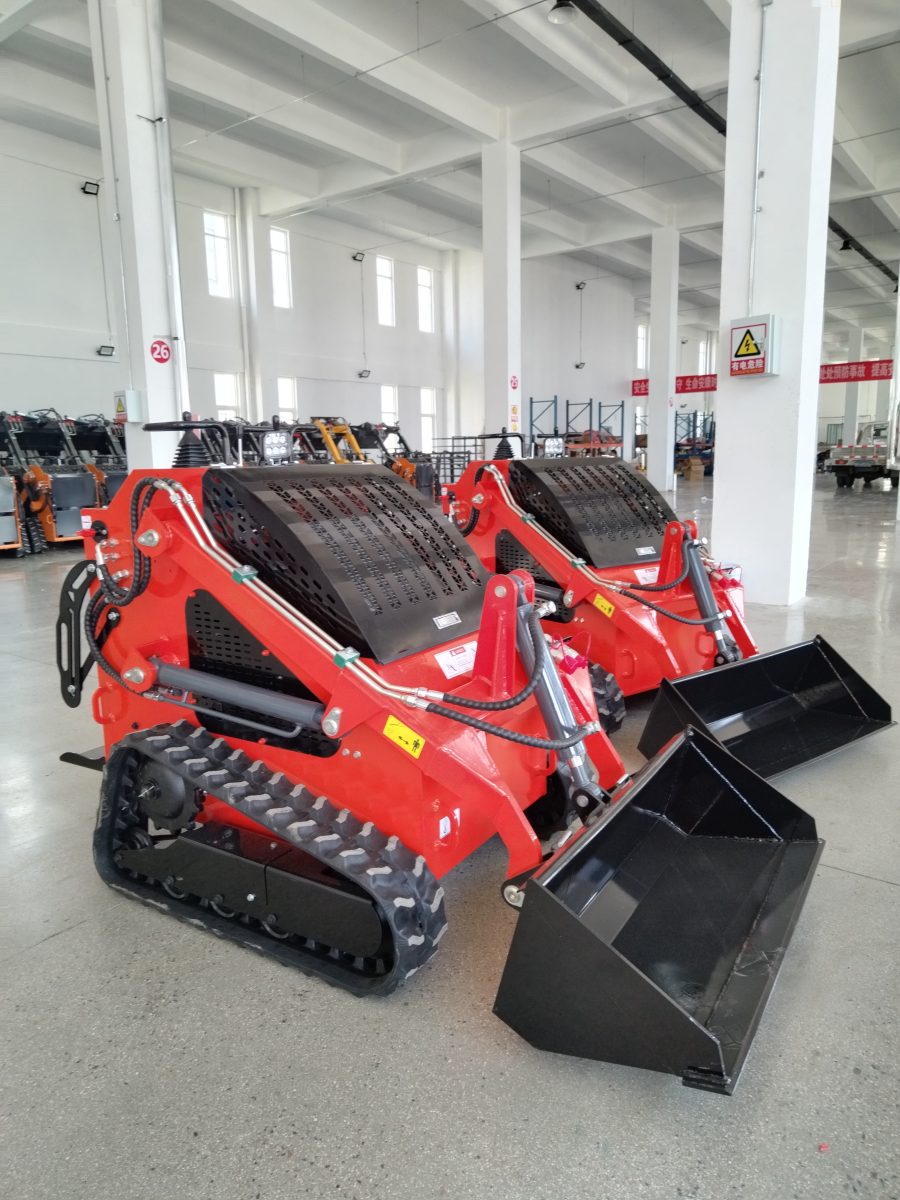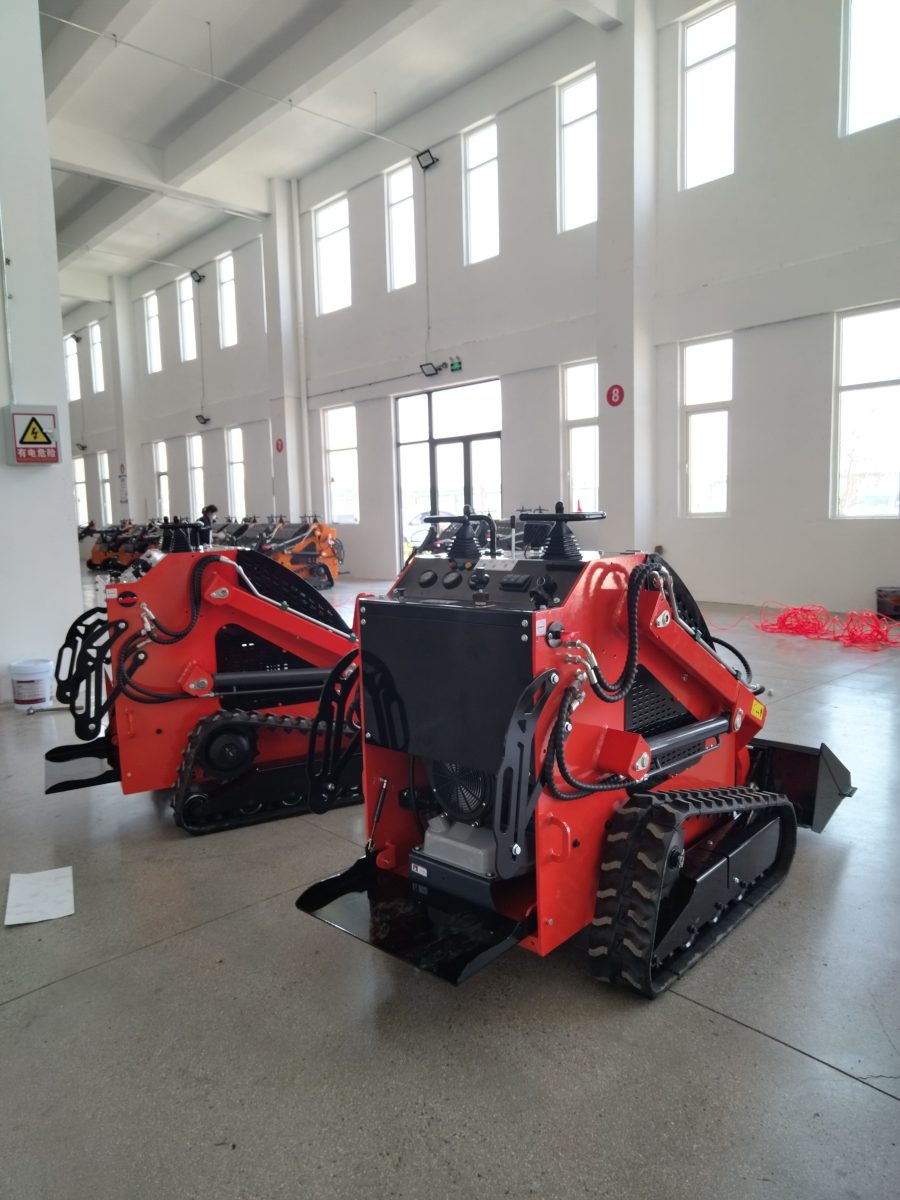Selecting the right small loader can significantly impact the efficiency and success of construction and agricultural projects. With an increasing variety of compact loaders available in the market, it’s essential for contractors and farmers to understand which machine best fits their specific needs.
Experts suggest starting with the type of project. For construction sites with limited space or residential areas, a compact small loader is ideal due to its maneuverability and versatility. In agriculture, a mini loader can assist with tasks such as moving feed, soil, or farm materials efficiently.
Size and weight are key factors to consider. A small loader should match the operational requirements while ensuring it can navigate tight spaces. Overly large machines may offer more power but can be less practical in confined areas, while smaller machines provide agility without sacrificing essential functionality.



Performance and efficiency are equally important. Modern small loaders come equipped with fuel-efficient engines, advanced hydraulics, and versatile attachments, allowing operators to complete tasks faster and at a lower operational cost. Durability is another critical consideration, ensuring that the loader withstands frequent use in demanding environments.
Safety and ease of use cannot be overlooked. Loaders with intuitive controls, ergonomic cabins, and enhanced safety features help reduce accidents and improve operator comfort. Additionally, accessibility to maintenance support and spare parts ensures consistent operation and longevity.
Choosing the right small loader is a balance between performance, cost, and project requirements. Whether it’s for construction, landscaping, or agricultural work, selecting a loader tailored to the job increases productivity, reduces downtime, and ensures long-term value.
For more insights and to explore the latest small loader models, visit